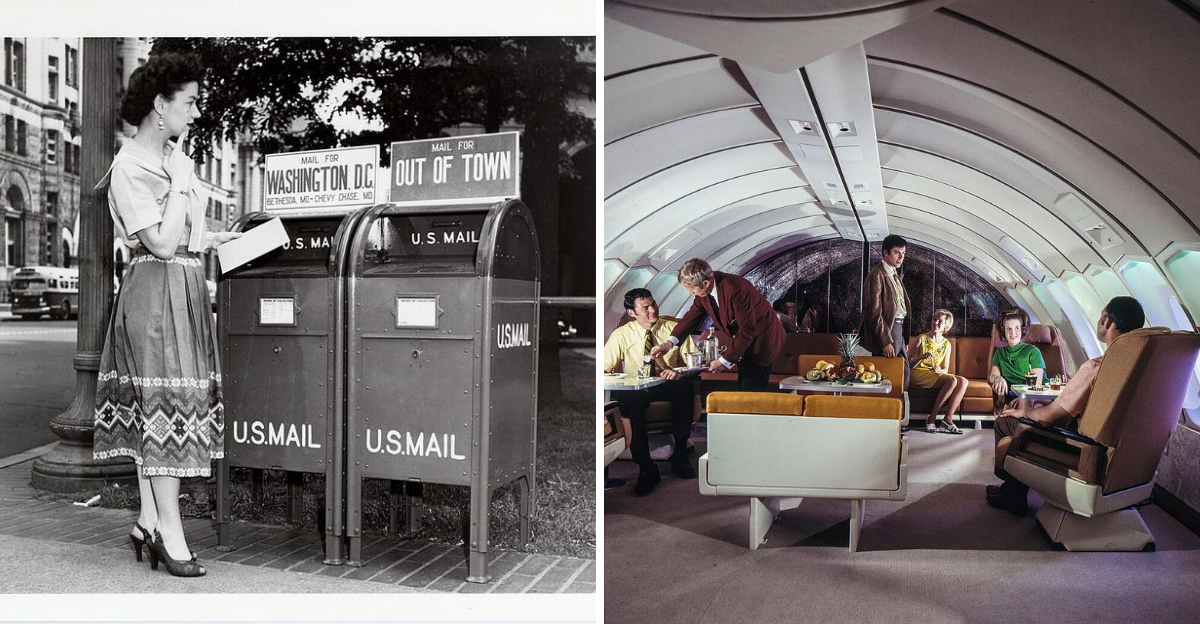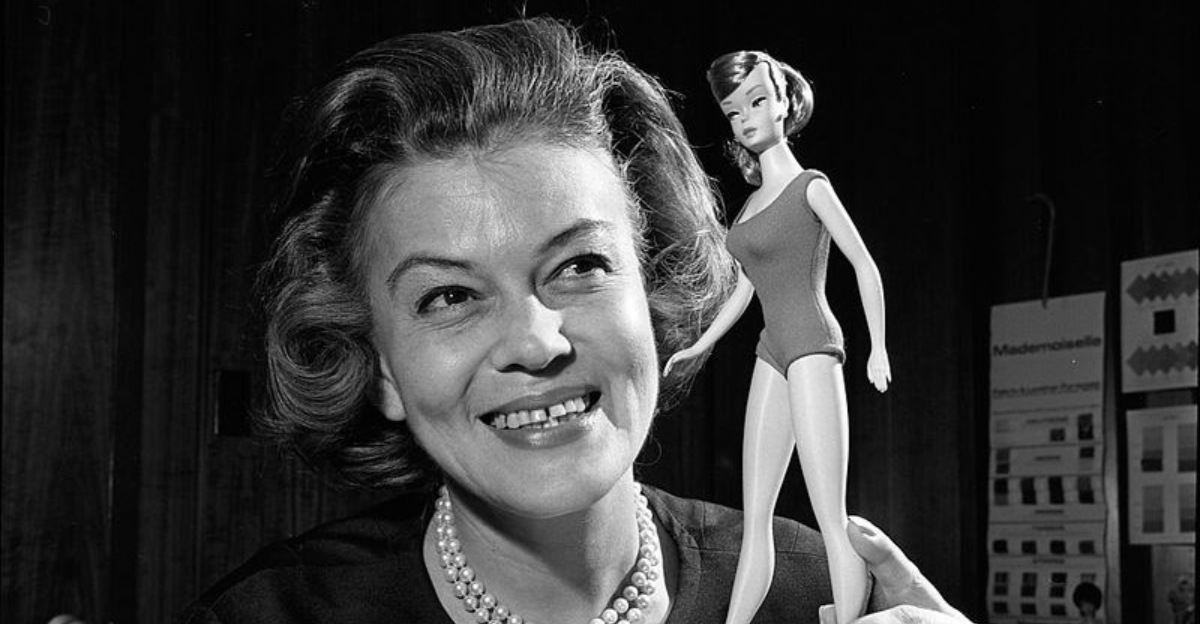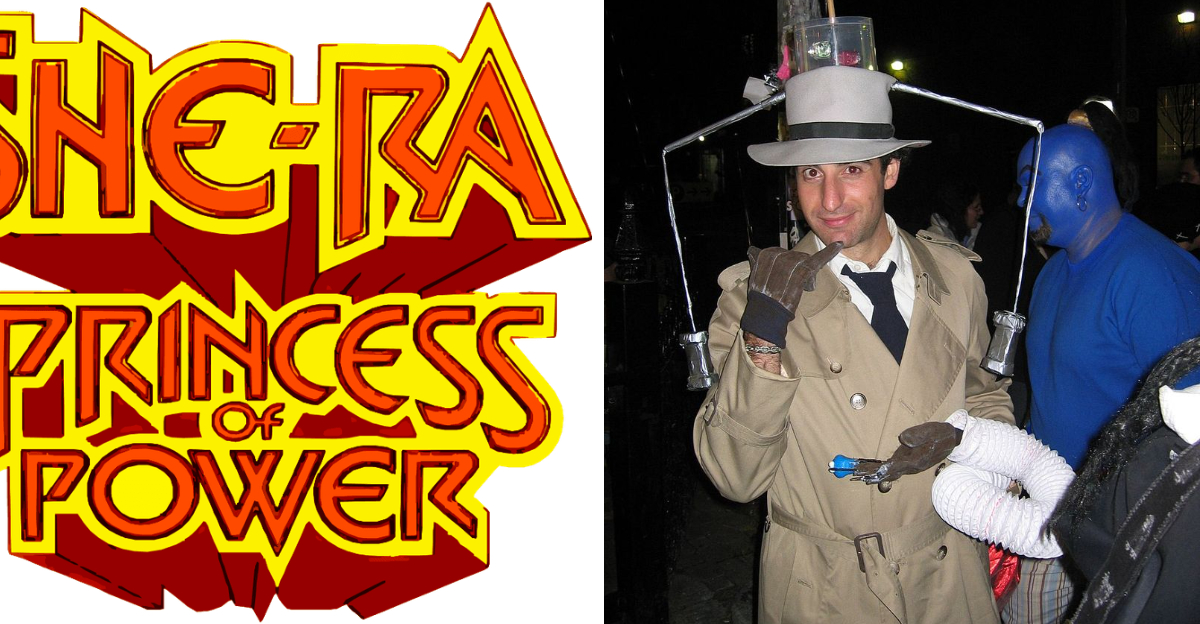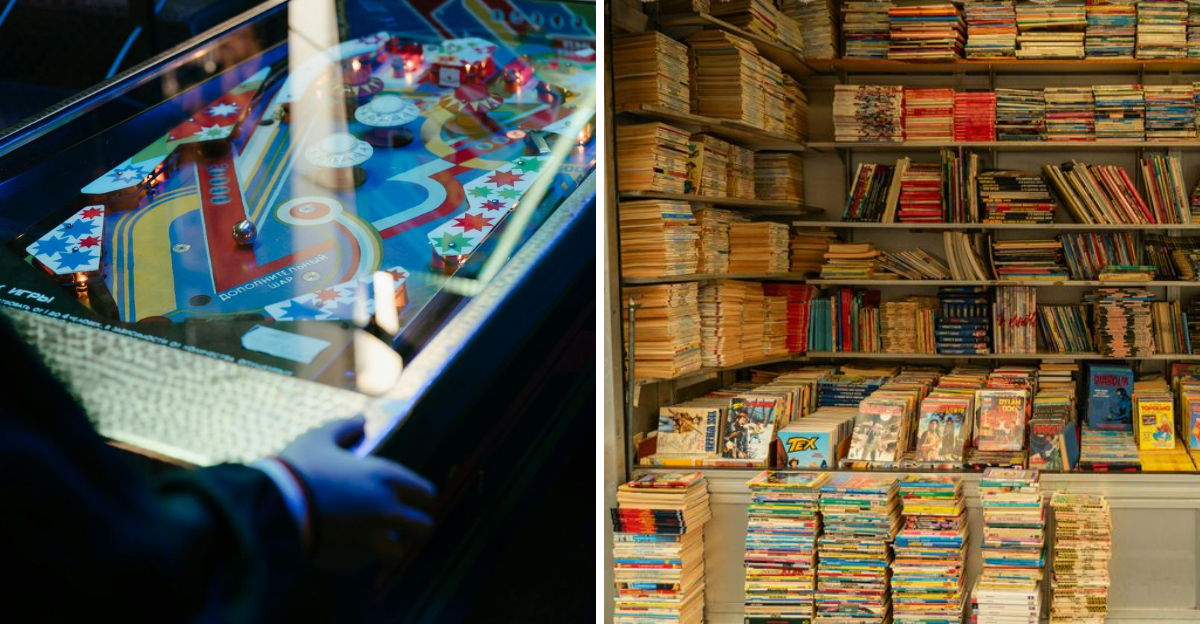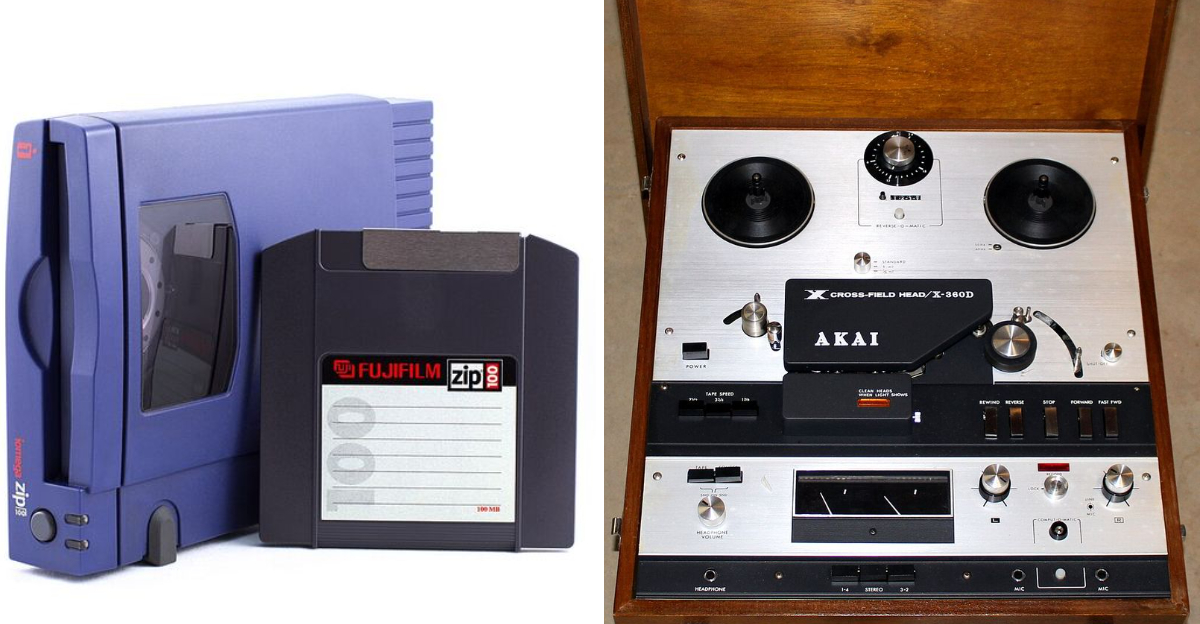18 ’90s Habits That Make Zero Sense In The Modern World
Remember when you had to wait for your favorite TV show to air at a specific time, or when making a phone call meant being tethered to a wall?
The 1990s were filled with quirky habits that seemed perfectly normal back then but would leave today’s kids scratching their heads in confusion.
Let’s take a nostalgic trip down memory lane and explore the ’90s habits that make absolutely zero sense in our modern, digital world.
1. Calling Landlines And Playing The Waiting Game
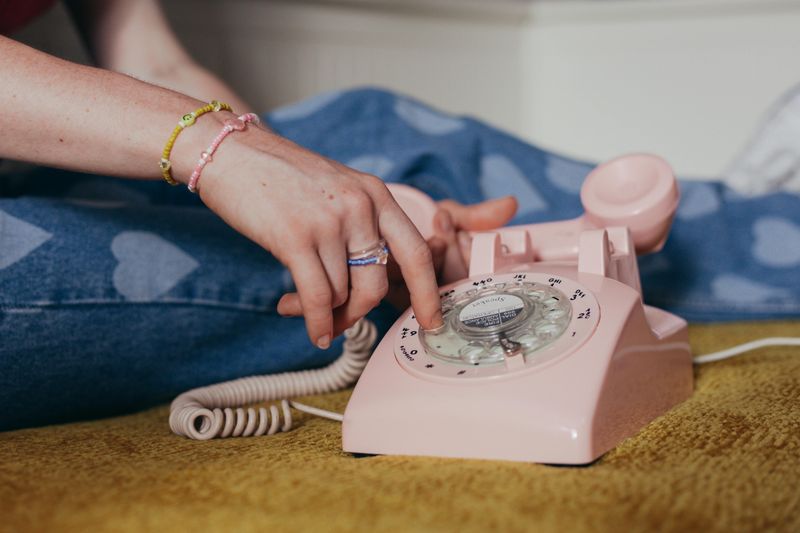
Before smartphones ruled our lives, getting in touch with someone meant dialing their home number and hoping they’d actually be there to answer.
You’d sit through endless rings, sometimes getting a busy signal that forced you to try again later.
Today’s instant messaging and texting make this seem like ancient torture. Why would anyone wait around when you can fire off a quick text and get a response whenever it’s convenient?
2. Enduring The Screech Of Dial-Up Internet
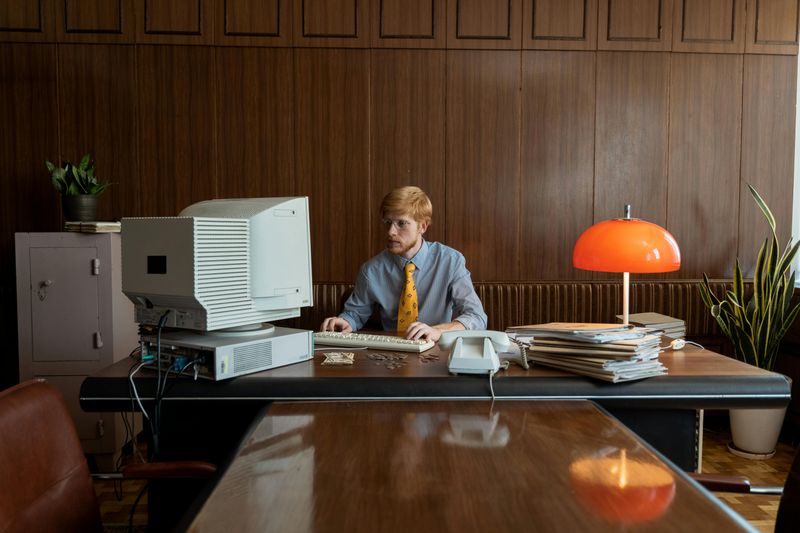
Nothing quite compared to the symphony of beeps, screeches, and static that announced your journey onto the World Wide Web.
Dial-up modems took forever to connect, and once online, you couldn’t use the phone simultaneously.
Downloading a single image could take minutes, and forget about streaming videos. Today’s high-speed internet and Wi-Fi make this painful process seem absolutely ridiculous in comparison.
3. Renting VHS Tapes From Video Stores
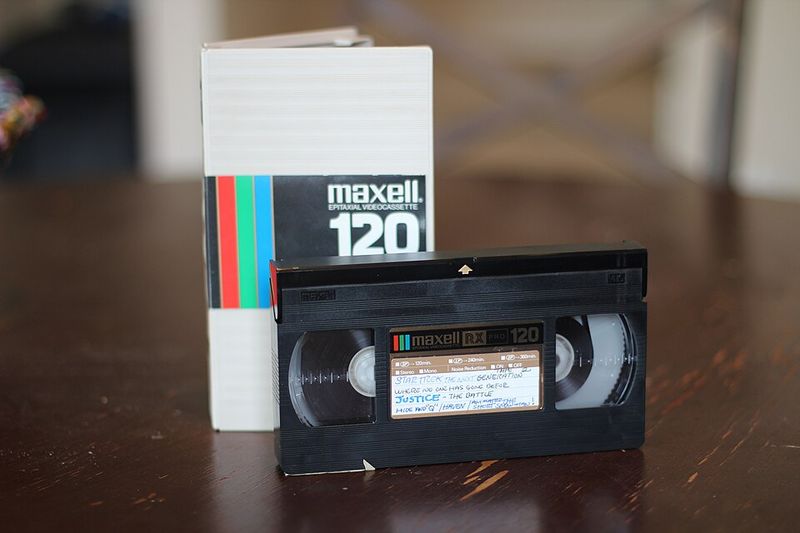
Friday nights meant driving to the video rental store, hoping your desired movie wasn’t already checked out by someone else.
You’d grab your VHS tape, pay the rental fee, and set a mental alarm to return it on time or face dreaded late fees.
Streaming services have made this entire ritual obsolete. Why leave your couch when thousands of movies are available instantly at your fingertips?
4. Hunting For Pay Phones On Street Corners
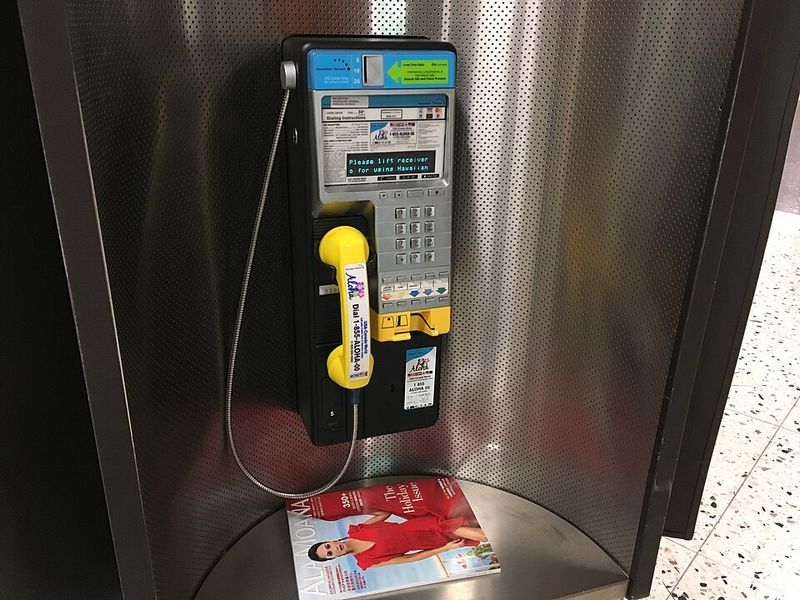
Leaving home without your landline meant relying on pay phones scattered throughout the city.
You’d need to carry quarters everywhere, and finding a working pay phone that wasn’t covered in grime was its own adventure.
Memorizing important phone numbers was essential because there was no digital contact list. Cell phones have made pay phones virtually extinct, and honestly, nobody misses fishing for change.
5. Letting Kids Roam Neighborhoods Unsupervised

Back in the ’90s, parents would simply tell their kids to be home before dark and send them off on adventures around the neighborhood.
No GPS tracking, no constant check-ins, just pure freedom to explore with friends until the streetlights came on.
Today’s helicopter parenting and safety concerns have made this level of independence seem reckless. Constant communication via smartphones has replaced trust with surveillance.
6. Smoking Indoors Like It Was No Big Deal

Cigarette smoke filled restaurants, offices, and even airplane cabins without anyone batting an eye.
Ashtrays sat on every table, and non-smokers simply had to deal with the haze and smell that clung to their clothes.
Health awareness has completely transformed public spaces, with smoking bans now standard everywhere.
The idea of lighting up in a restaurant seems absolutely wild to younger generations who’ve never experienced it.
7. Cracking Open Encyclopedias for Research

School projects meant hauling heavy encyclopedia volumes off the shelf and flipping through endless pages to find relevant information.
Library trips were mandatory, and copying facts by hand was the only way to gather research.
Google has made this process instantaneous, delivering millions of sources in seconds.
Physical encyclopedias now collect dust in attics, replaced by Wikipedia and search engines that answer questions immediately.
8. Carrying Floppy Disks And CD Cases Everywhere
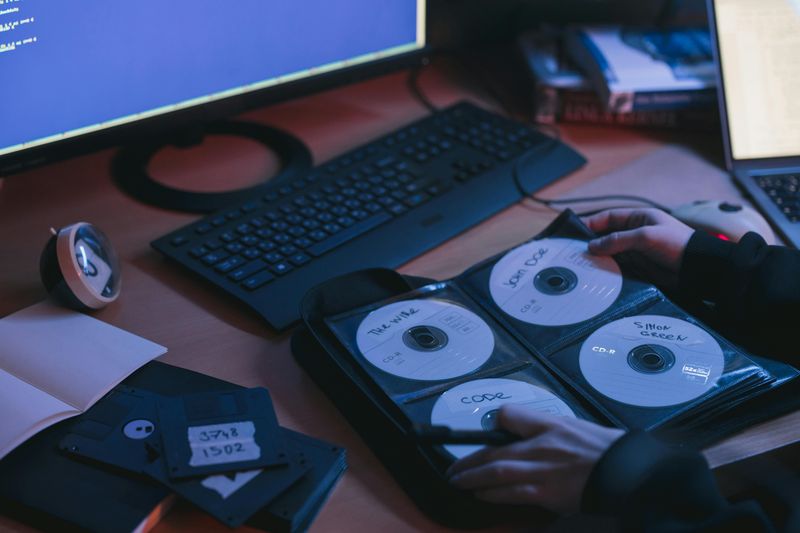
Storing files meant saving them onto floppy disks that held barely 1.44 megabytes of data.
You’d need dozens of these fragile disks for larger projects, and they’d corrupt without warning, losing your work forever.
Portable CD cases bulged with dozens of discs for music lovers. Cloud storage and USB drives have made these clunky storage methods laughably obsolete and inefficient.
9. Waiting For Scheduled TV Programming

Missing your favorite show meant waiting a whole week for a rerun or hoping someone recorded it on VHS. There was no pausing live TV, so bathroom breaks required strategic planning during commercial breaks.
Rewinding VHS tapes before returning rentals was common courtesy.
Streaming platforms have completely eliminated this scheduled viewing, letting us binge entire seasons whenever we want without waiting or rewinding.
10. Devouring Low-Fat Processed Foods
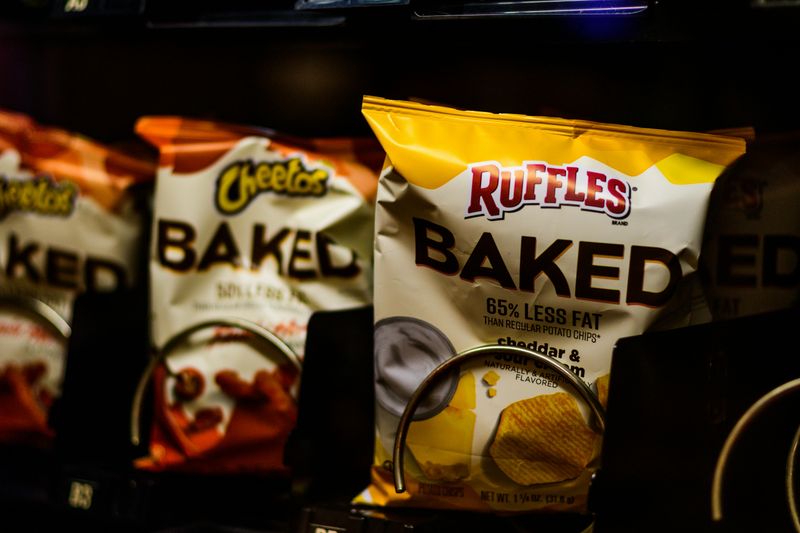
Fat was public enemy number one, so everyone loaded up on low-fat cookies, fat-free chips, and diet products packed with sugar and artificial ingredients.
The food industry convinced us that removing fat automatically made things healthy, regardless of what replaced it.
We now know that sugar and processed carbohydrates were the real culprits. Modern nutrition science has exposed this low-fat craze as misguided, making those chemical-laden snacks seem absurd.
11. Sharing Personal Info with Pen Pals

Meeting strangers through magazine pen-pal sections or early chatrooms meant freely exchanging home addresses and mailing actual photographs.
Nobody worried much about privacy or safety because the internet felt innocent and exciting.
Parents today would be horrified at this casual sharing of personal information. Online safety education and awareness of digital dangers have made this trusting behavior seem dangerously naive.
12. Carrying Pagers And Waiting for Beeps
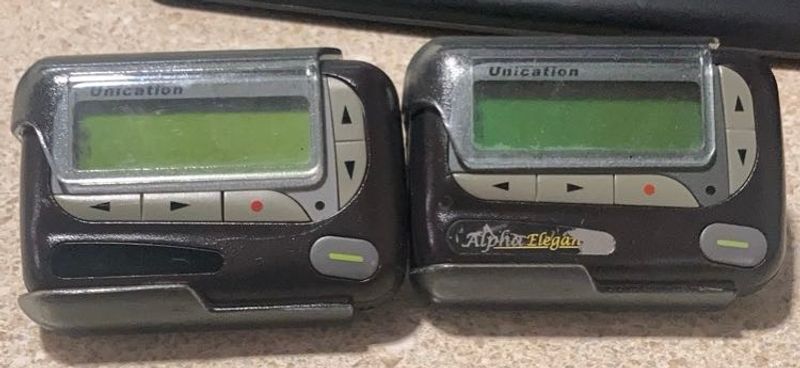
Before cell phones became affordable, pagers let people send you numeric codes that you’d have to decipher.
Getting beeped meant finding the nearest phone to call back, which was inconvenient and time-consuming.
Doctors and business professionals wore these clunky devices clipped to their belts everywhere.
Smartphones have made pagers obsolete except in a few specialized industries, rendering this two-step communication process completely pointless.
13. Writing Phone Numbers In Address Books
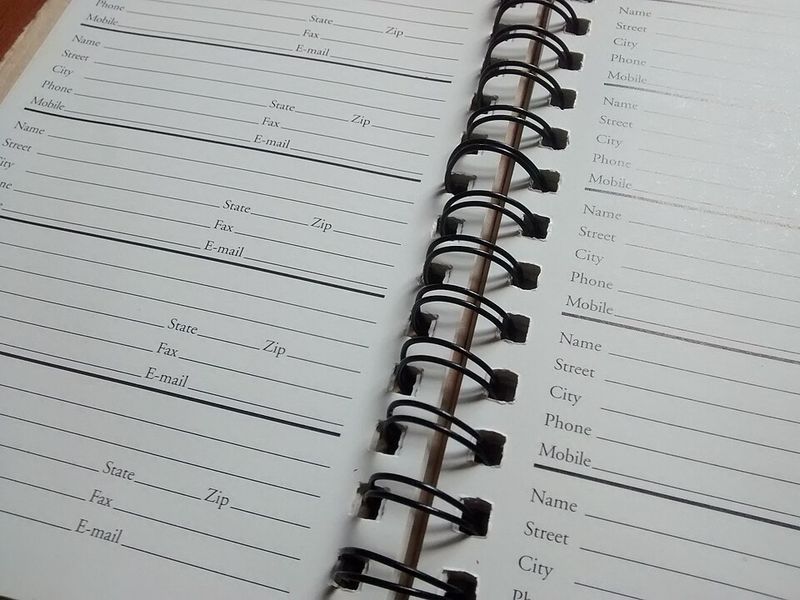
Everyone kept a physical address book filled with handwritten phone numbers, addresses, and birthdays.
Losing this book was catastrophic because there was no backup, and you’d have to ask everyone for their contact information all over again.
Updating information meant crossing out old entries and squeezing new ones into margins. Digital contacts sync across all devices automatically, making paper address books seem hilariously impractical and risky.
14. Flipping Through The Yellow Pages

Finding a plumber, restaurant, or any local business required thumbing through the massive Yellow Pages directory that showed up on your doorstep annually.
Businesses competed for the biggest ads, and you had no way to check reviews or compare prices easily.
These phone books were so heavy they doubled as booster seats for kids. Google Maps and online reviews have made these enormous directories completely obsolete and wasteful.
15. Unfolding Giant Paper Maps For Navigation
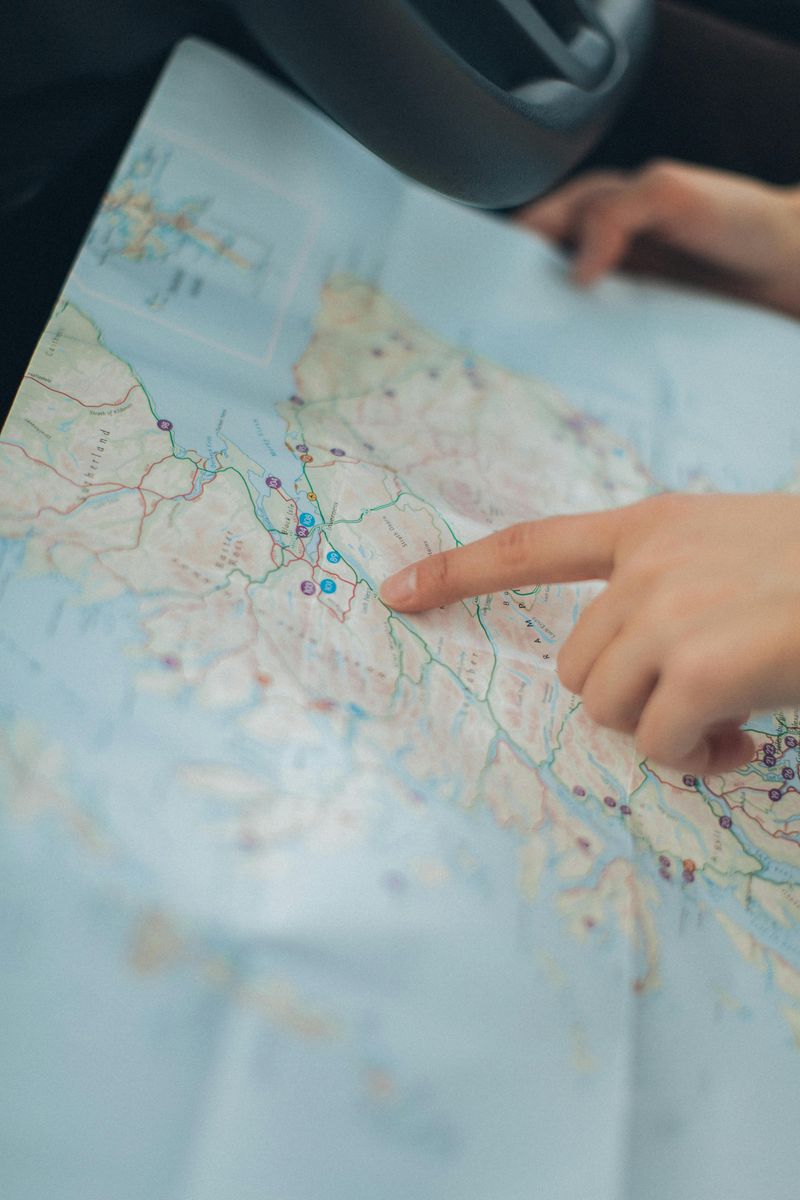
Road trips required planning your route beforehand with paper maps that were impossible to refold correctly.
Getting lost meant pulling over to study the map, hoping you could figure out where you went wrong without any real-time guidance. Navigating unfamiliar cities was genuinely stressful and time-consuming.
GPS navigation and smartphone apps have eliminated this anxiety completely, providing turn-by-turn directions and traffic updates that make paper maps seem primitive.
16. Recording TV Shows On VHS Timers
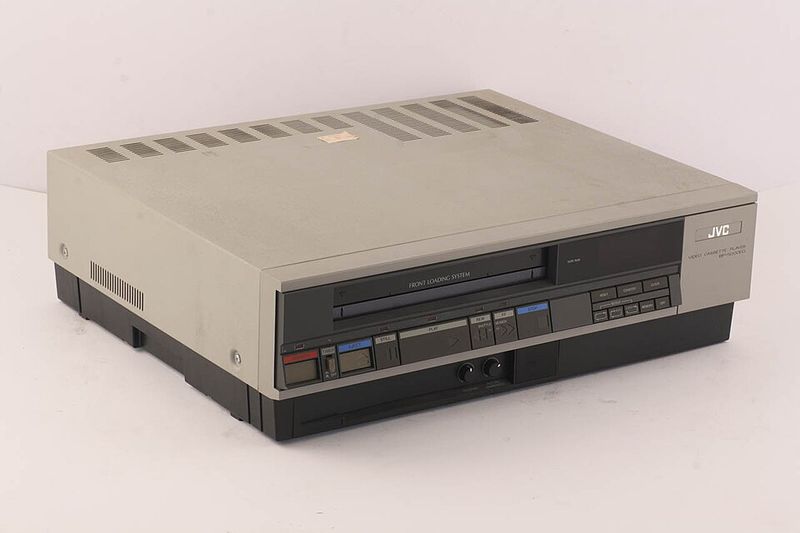
J.V.C. (progettista/ costruttore), licensed under CC BY-SA 4.0. Via Wikimedia Commons.
Programming your VCR to record shows while you were away required setting complex timers that often failed mysteriously.
You’d come home excited to watch your recorded show only to discover you accidentally taped the wrong channel or the tape ran out. Labeling and organizing VHS tapes became a whole hobby.
DVRs and streaming services have made this frustrating process obsolete, letting you record and watch shows effortlessly without any technical headaches.
17. Waiting Through Commercials Without Skipping

Commercial breaks were mandatory viewing experiences unless you recorded shows on VHS and fast-forwarded through them later.
Live TV meant sitting through the same annoying ads repeatedly with no way to skip ahead or mute permanently. Bathroom and snack runs were strategically timed around these breaks.
Streaming platforms and ad-free subscriptions have spoiled us completely, making forced commercial viewing seem like torture from another era.
18. Carrying Pocket Change For Everything

Quarters were essential currency for pay phones, vending machines, arcade games, and parking meters.
You’d always need exact change, and running out meant scrambling to find someone willing to break a dollar bill. Pockets jingled constantly with coins that weighed you down.
Digital payments, credit cards, and smartphone apps have made carrying cash mostly unnecessary, turning this jangling habit into a distant memory.

